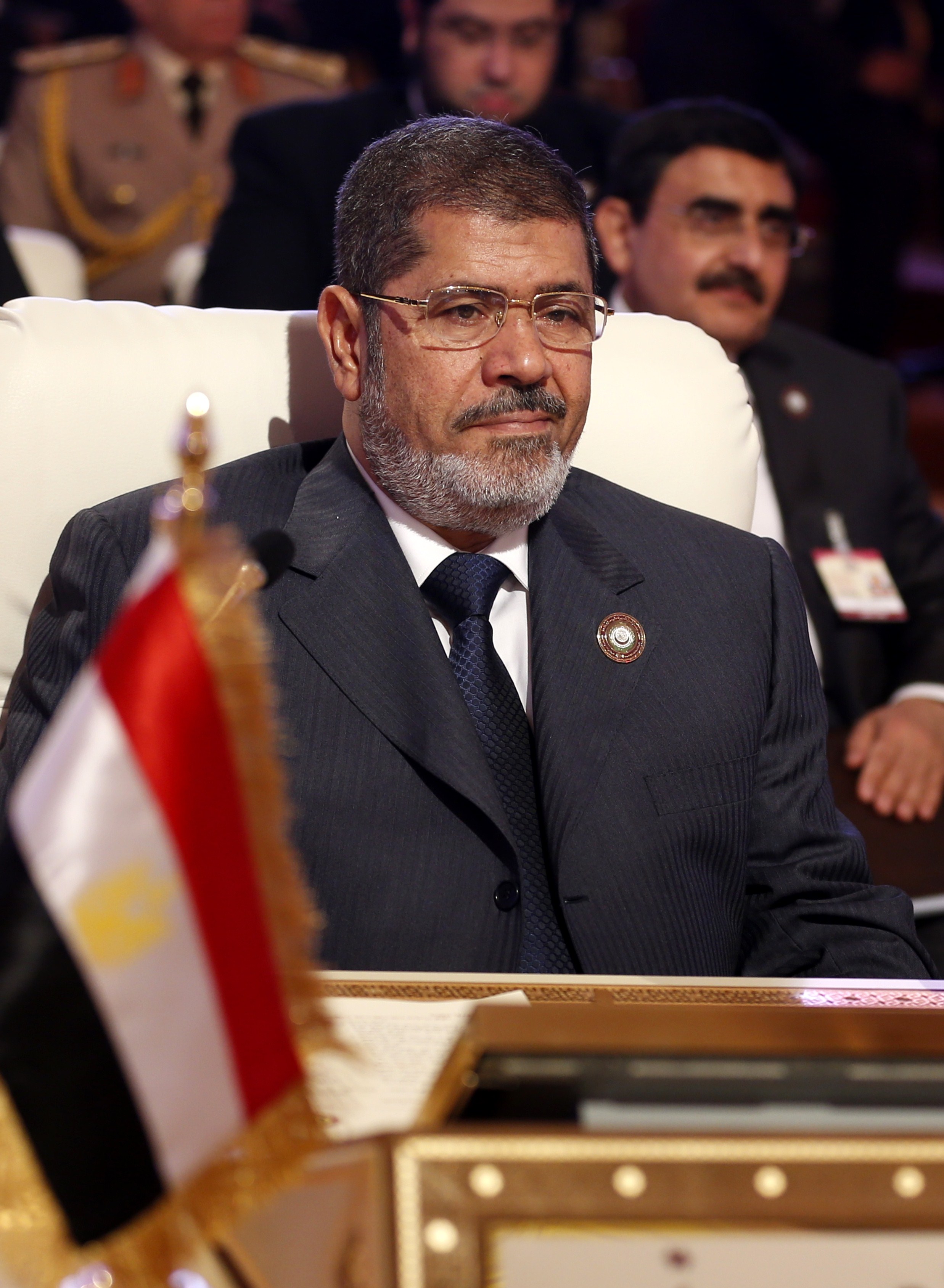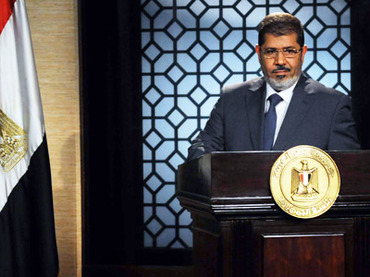CAIRO: The Egyptian Vietnamese Joint Committee concluded its second meeting this week after a lull of nine years with the signing of agreements on avoidance of double taxation and tourism cooperation.
The committee includes a number of officials from both sides and is headed jointly by Minister of Cooperation Fayza Abul Naga and Vietnam s Minister of Trade Truong Dinh Tuyen.
The committee first met in 1997 and is supposed to convene every two years. While Abul Naga says that senior officials from both countries have visited their respective counterparts since then, the full committee did not meet again until this week.
Abul Naga adds that the potential for economic cooperation transcends the geographic distance between the two countries, explaining that there are real opportunities for trade and investment on both sides that should be investigated by businesses.
Specifically, Egypt can act as a gateway for Vietnamese products to the region through Egypt s trade agreements with the European Union, as well as African and Arab countries. Vietnam, in turn, can facilitate access of Egyptian products to member countries of the Association of South East Asian Nations, in addition to other nearby countries with which it enjoys close trade links, including India, China and Australia.
On other fronts, tourism is a major industry in both countries and Tuyen described the potential for closer cooperation on joint tourism projects, promotions, training and increasing the number of tourists in both directions.
Egypt can also benefit from Vietnam s experience with agriculture. Vietnam, once a net importer of rice, is today the world s second-largest exporter of the crop. While Egypt can benefit from Vietnamese expertise on rice, Vietnam can learn from Egypt s success in the field of horticulture; Vietnam already imports strawberry seeds from Egypt.
Vietnam can also assist Egypt in exploiting the substantial untapped potential of its shores in the field of fisheries, says Abul Naga. In this regard, the two ministers agreed to initiate a pilot project for a fish and shrimp farm in Egypt with Vietnamese assistance.
Tuyen met with Minister of Trade and Industry Rachid Mohamed Rachid, Minister of Health Hatem El-Gabaly and Minister of Agriculture Amin Abaza. In his meeting with El-Gabali, Tuyen expressed his country s interest in importing pharmaceutical products from Egypt.
Tuyen also discussed his country s experience in dealing with the avian flu in his meeting with Abaza. The virus arrived in Vietnam two years ago and the government has since been active in combating the disease. Tuyen says that containing the avian flu requires strict measures and that his government is ready to receive a delegation from Egypt to present its approach to the problem, including its compensation scheme for farmers.
Vietnam has rapidly transformed itself from a closed, centralized economy to a more open, market-driven one over the past 15 years. During this time, it has achieved an average annual growth rate of 7.5 percent. This process of economic change has parallels in Egypt, where the government has slowly relinquished its nationalist, socialist economic policies over a period of more than three decades.
Both countries therefore have common economic roots and ambitions, and both may benefit from dialogue. In addition to the agreements on double taxation and tourism, the two governments signed an action plan for cultural collaboration and an agreement between the respective exhibition authorities.
The Vietnamese delegation to Egypt is the largest that Tuyen has led abroad. He is scheduled to meet the governors of Suez and Alexandria and visit several production facilities in those areas.


